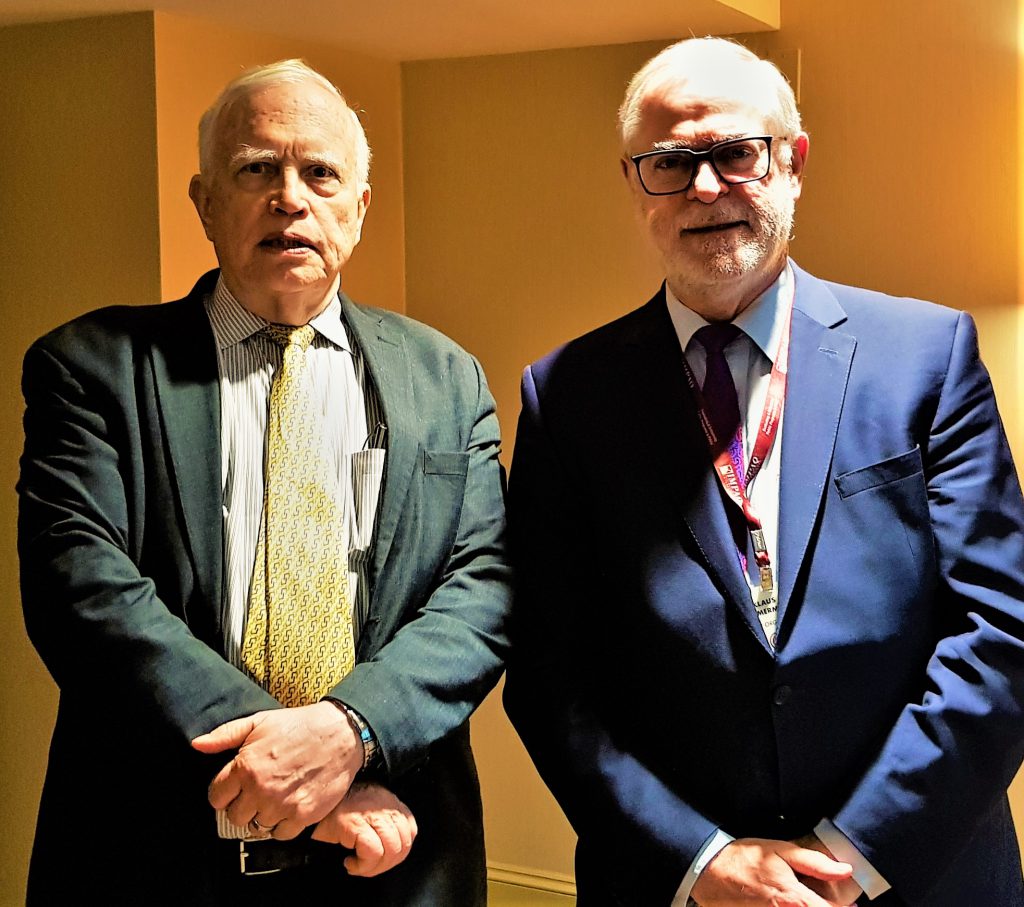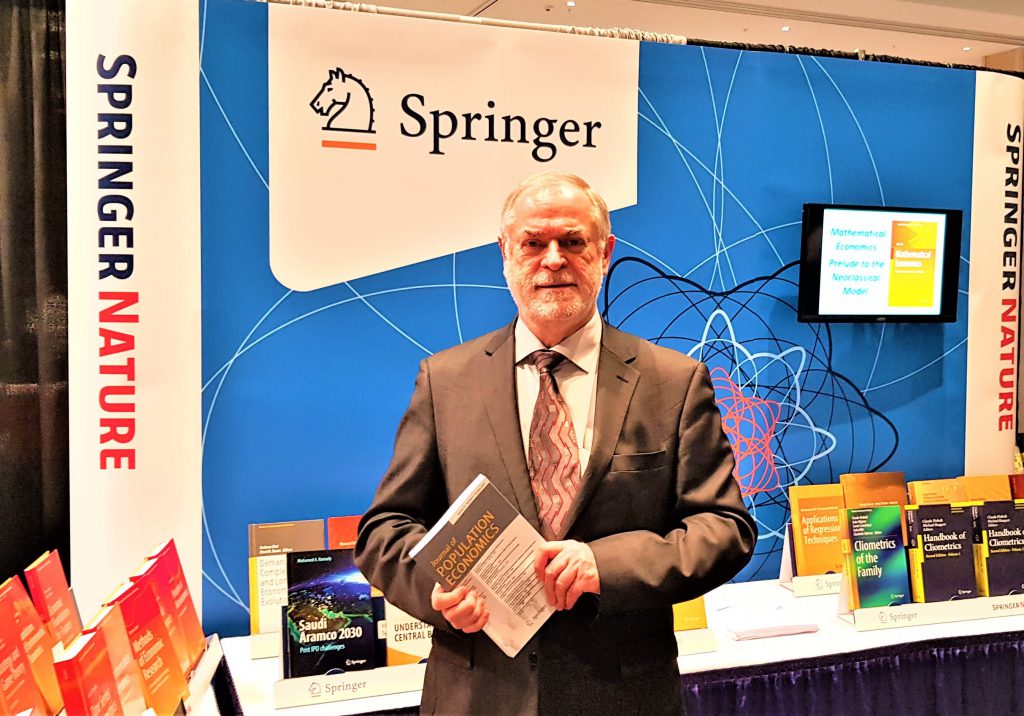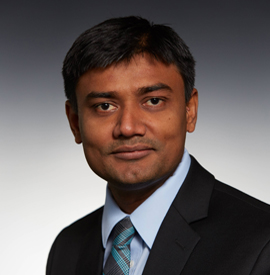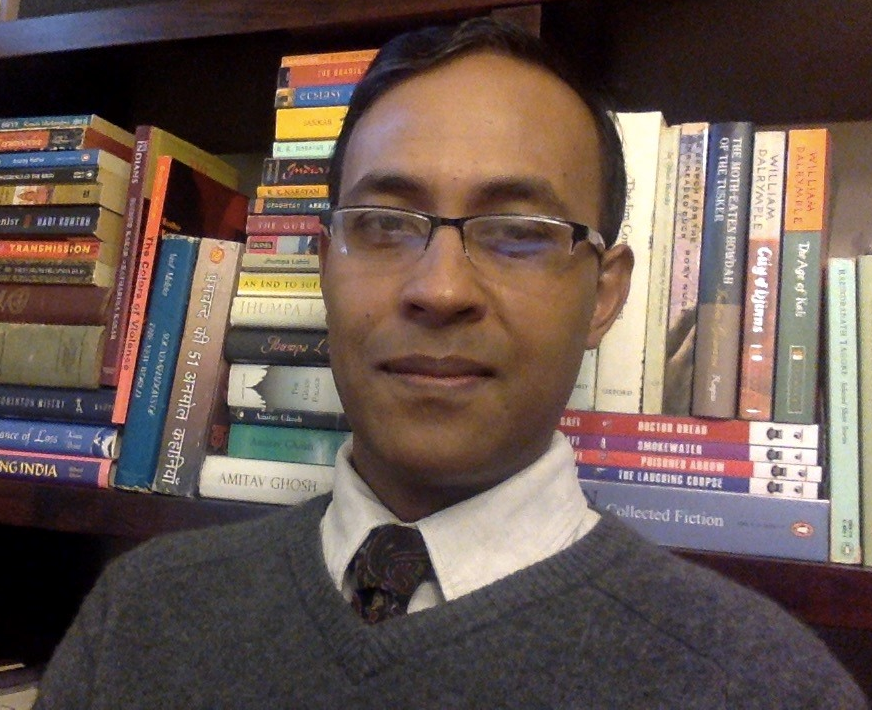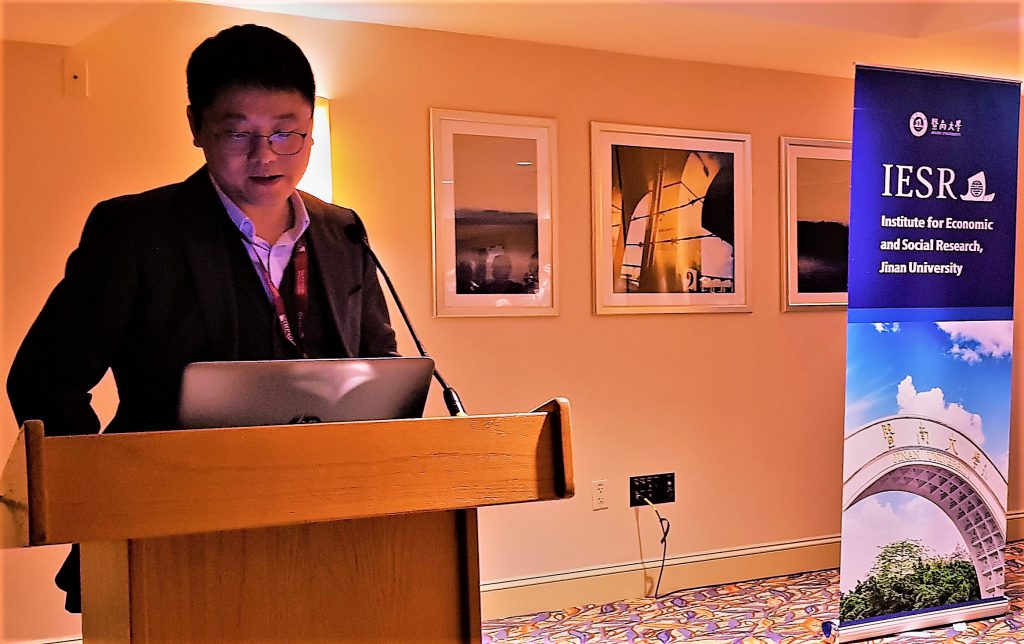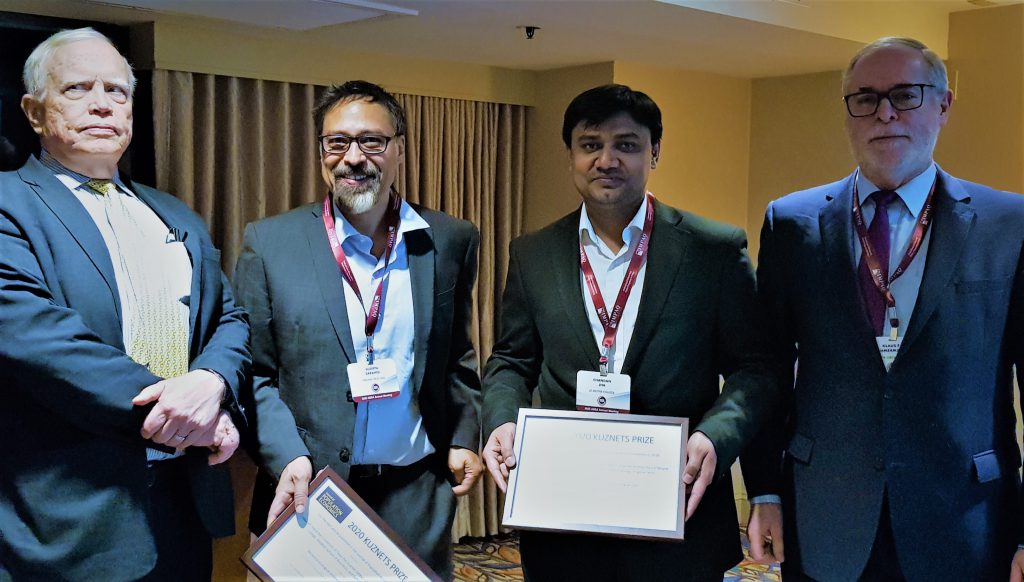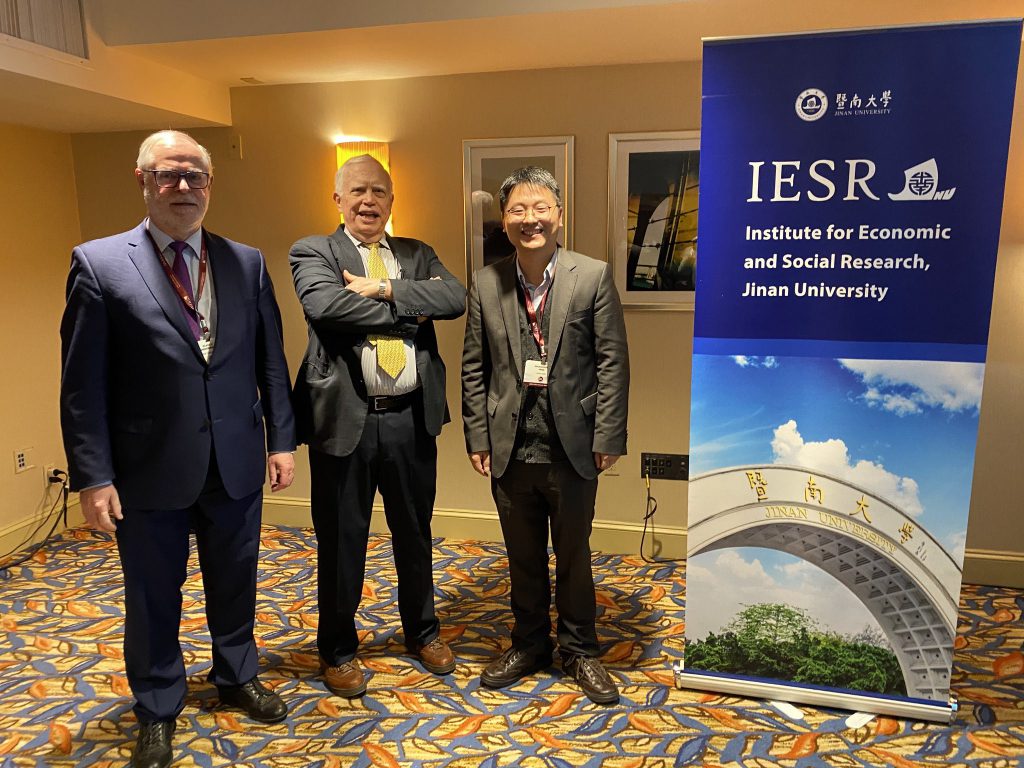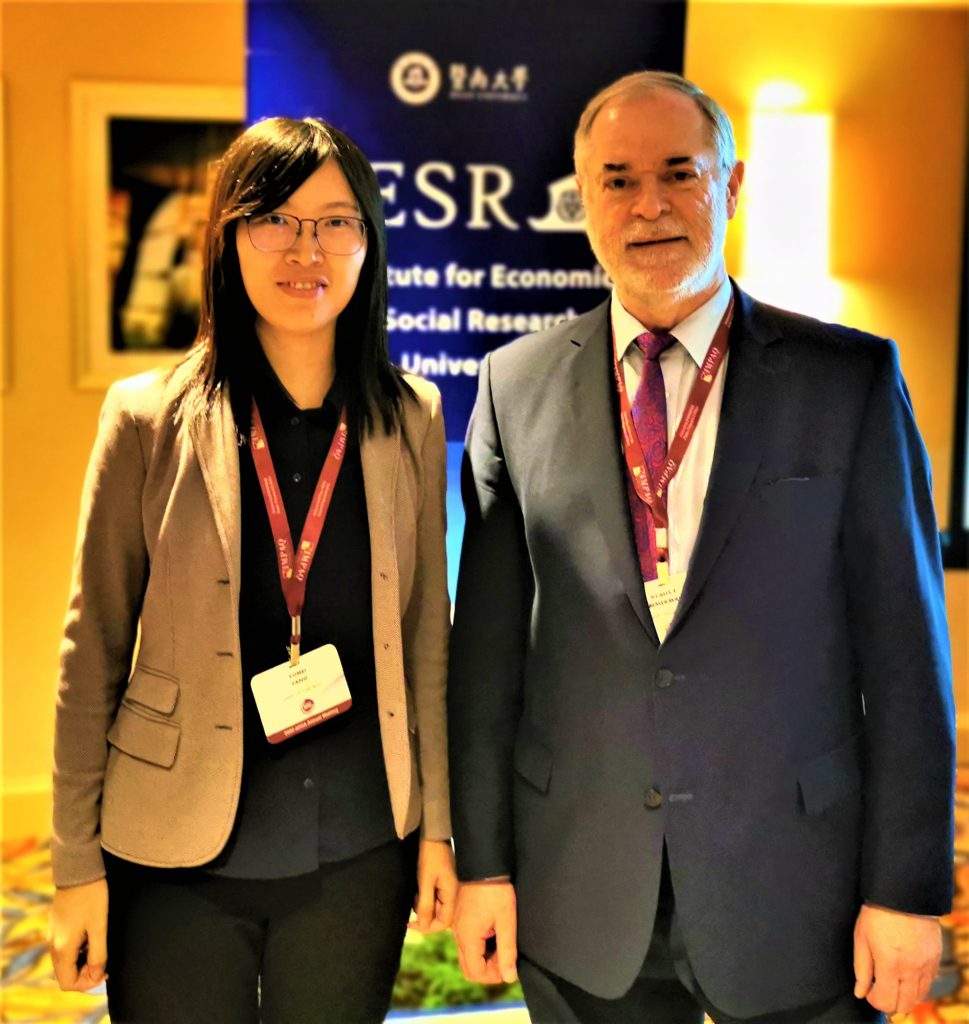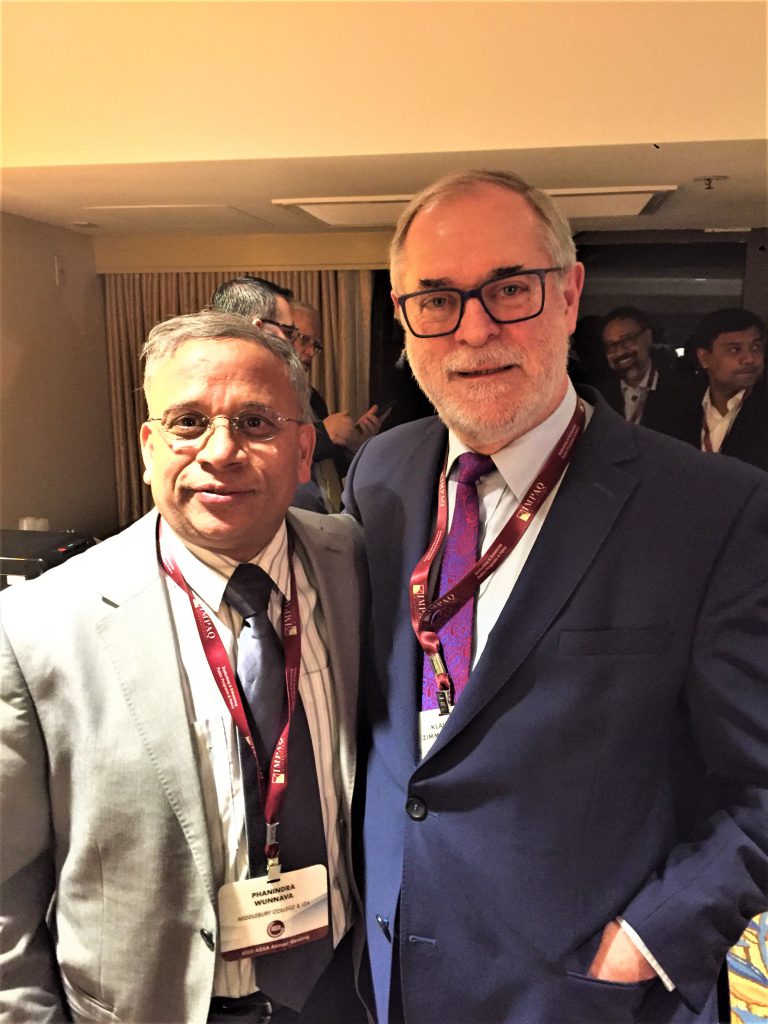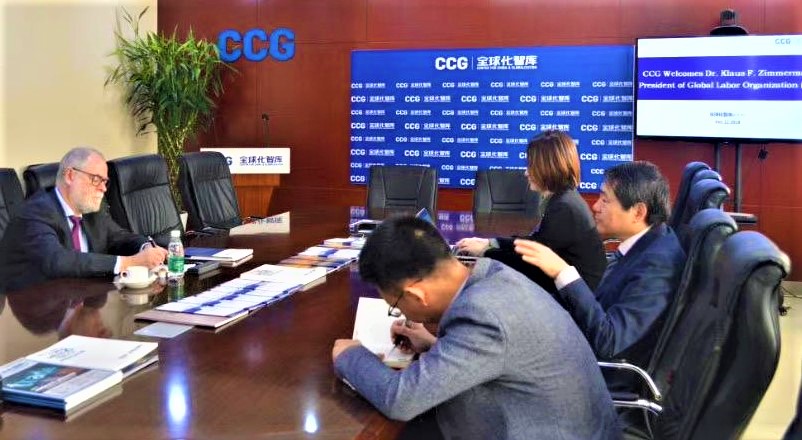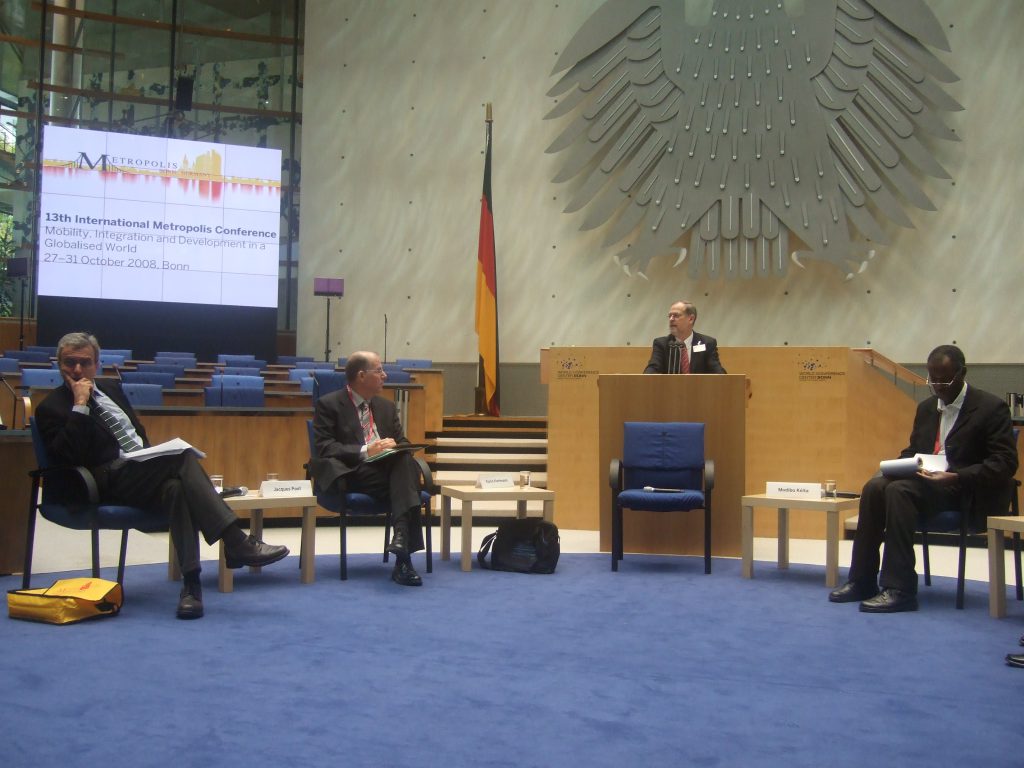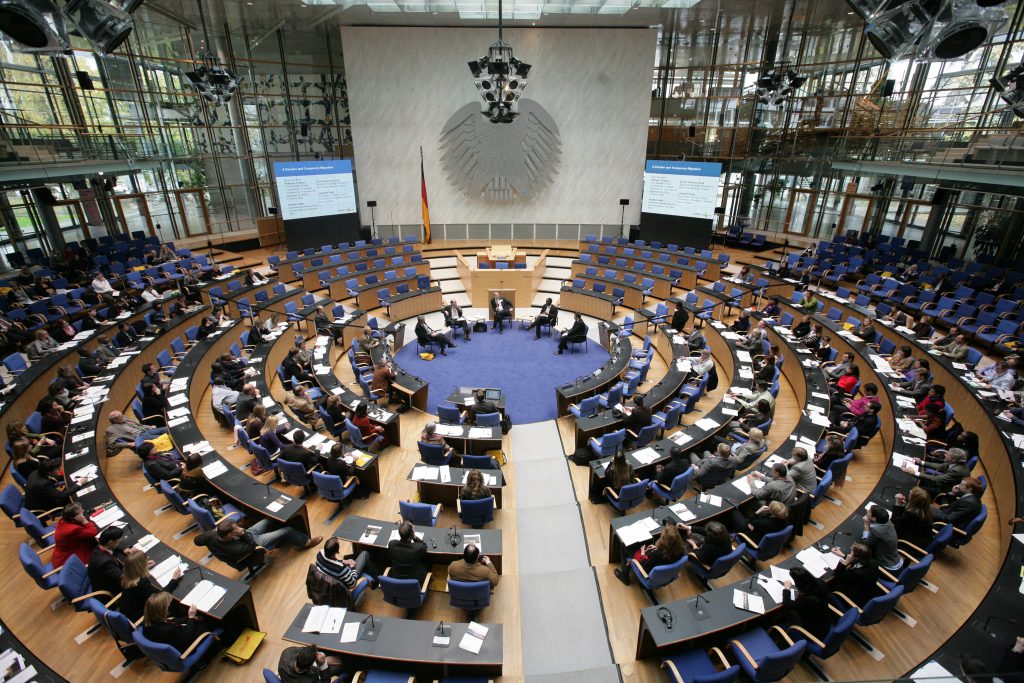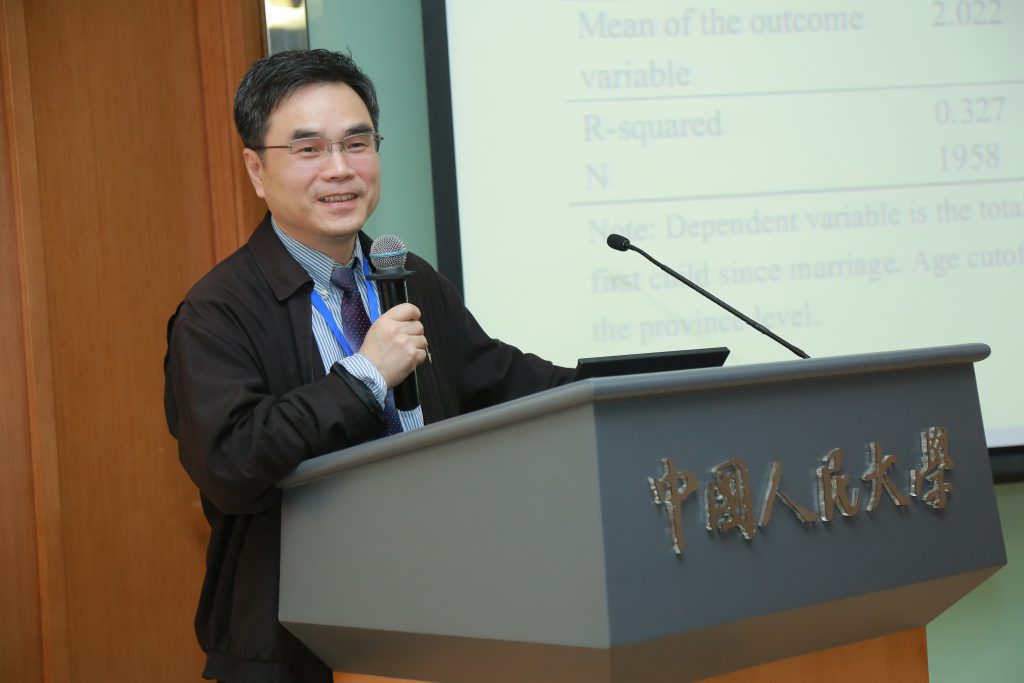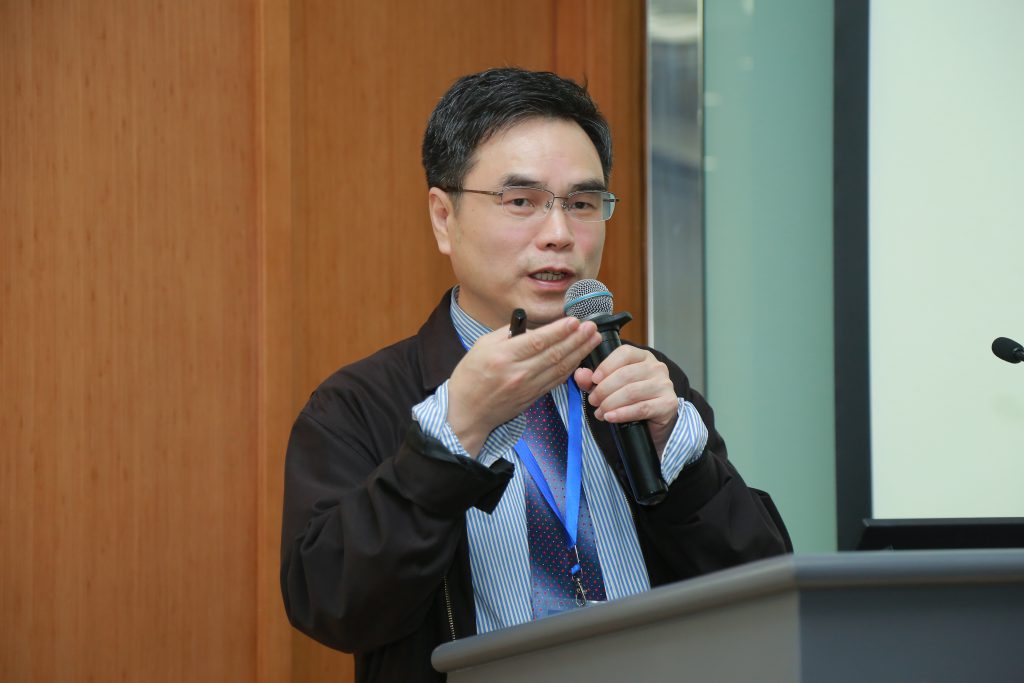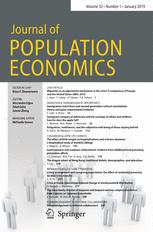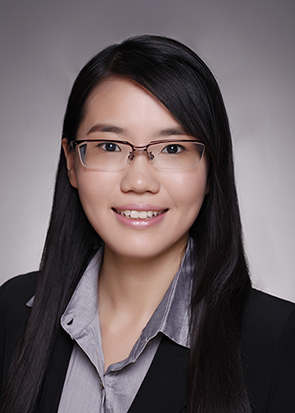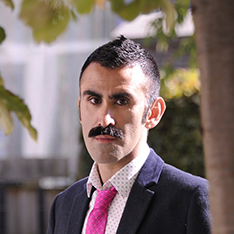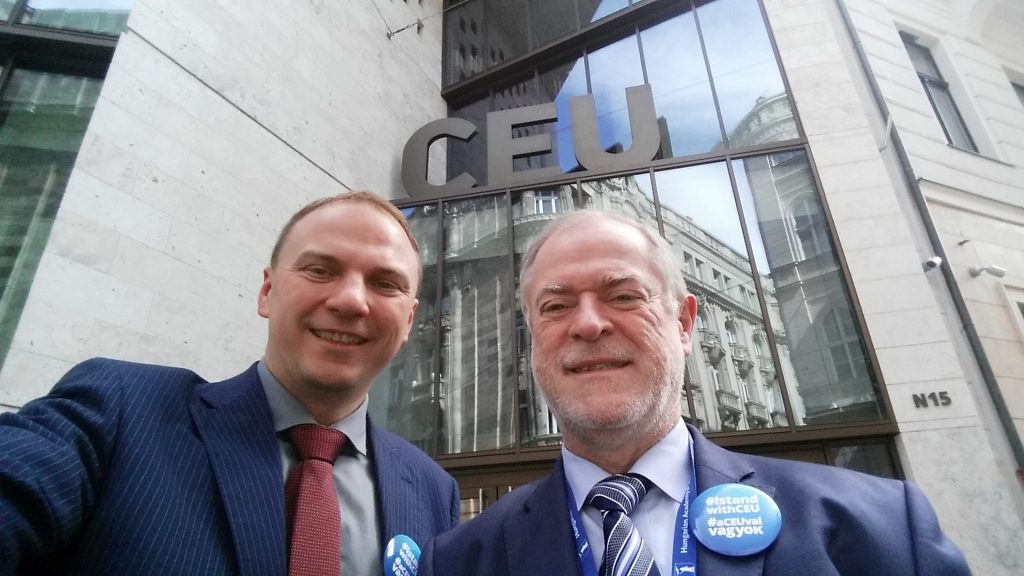A new GLO Discussion Paper reveals a tremendous increase in AI patenting activities since 2013 with a significant boom in 2015-2016. While most of AI patenting activities remain concentrated in the sectors of software programing and manufacturing of electronic equipment and machinery, there are clear signs of cross-fertilization towards non-tech sectors.
The Global Labor Organization (GLO) is an independent, non-partisan and non-governmental organization that functions as an international network and virtual platform to stimulate global research, debate and collaboration.
GLO Discussion Paper No. 433, 2019
AI and Robotics Innovation: a Sectoral and Geographical Mapping using Patent Data – Download PDF
by Van Roy, Vincent & Vertesy, Daniel & Damioli, Giacomo
GLO Fellows Vincent Van Roy, Daniel Vertesy & Giacomo Damioli
Author Abstract: Economic activities based on the invention, production and distribution of artificial intelligence (AI) technologies have recently emerged worldwide. Yet, little is known about the innovative activities, location and growth performance of AI innovators. This chapter aims to map and analyse the global innovative landscape of AI by exploring 155,000 patents identified as AI-related by means of text-mining techniques. It highlights the emergence and evolution of AI technologies and identifies AI hotspots across the world. It explores the scale and pervasiveness of AI activities across sectors, and evaluates the economic performance of AI innovators using firm accounting information. Finally, it assesses recent trends in venture capital investments towards AI as financial support to promising AI startups. Findings of this chapter reveal a tremendous increase in AI patenting activities since 2013 with a significant boom in 2015-2016. While most of AI patenting activities remain concentrated in the sectors of software programming and manufacturing of electronic equipment and machinery, there are clear signs of cross-fertilisation towards non-tech sectors. The market of AI patenting firms is very vibrant and characterised by a large increase of new and small players with economic performances above industry average. This trend is also reflected by the recent increase in venture capital towards AI startups.
GLO Discussion Papers are research and policy papers of the GLO Network which are widely circulated to encourage discussion. Provided in cooperation with EconStor, a service of the ZBW – Leibniz Information Centre for Economics, GLO Discussion Papers are among others listed in RePEc (see IDEAS, EconPapers). Complete list of all GLO DPs – downloadable for free.

Ends;

